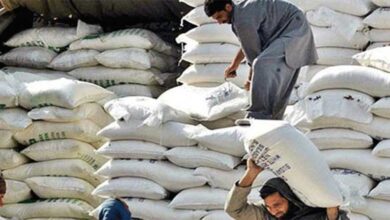The Asian Development Bank (ADB) has released a scathing report on Pakistan’s tax system, warning that despite years of reforms and a tripling in the size of the formal economy, the country’s revenue collection remains stagnant and dangerously low.
According to the ADB, Pakistan’s tax-to-GDP ratio remains the lowest in the region, hovering between just 3 to 4% from 2014 to 2021 — a figure far below regional peers such as Vietnam. The report highlights that despite the growing size of the formal economy, tax revenues have not grown proportionately, raising serious questions about the effectiveness of tax reforms over the past decade.
The ADB notes that the government’s approach of expanding the number of registered tax filers has not translated into meaningful revenue gains. “The tax base has increased only on paper,” the report states, “as most new filers understate their income or adopt tax avoidance tactics.” This strategy has added to the administrative burden on both the Federal Board of Revenue (FBR) and taxpayers, without contributing to financial transparency or improved tax compliance.
In 2022, Pakistan recorded a 30% gap in income tax collection and a 24% shortfall in sales tax, reflecting a systemic enforcement issue. The report warns that merely increasing the number of filers without addressing compliance and enforcement is unsustainable.
Only 7.6% of Pakistan’s labour force files income tax, in stark contrast to countries like Vietnam where tax participation is significantly higher. The ADB cautions that continued reliance on cosmetic reforms and poor tax enforcement could have deepening negative consequences for Pakistan’s economy.
To reverse the trend, the ADB urges the FBR to set clear priorities, improve tax enforcement, and engage real taxpayers meaningfully. The report emphasizes that without bold and focused reforms, Pakistan’s already strained economy will face further fiscal deterioration.







